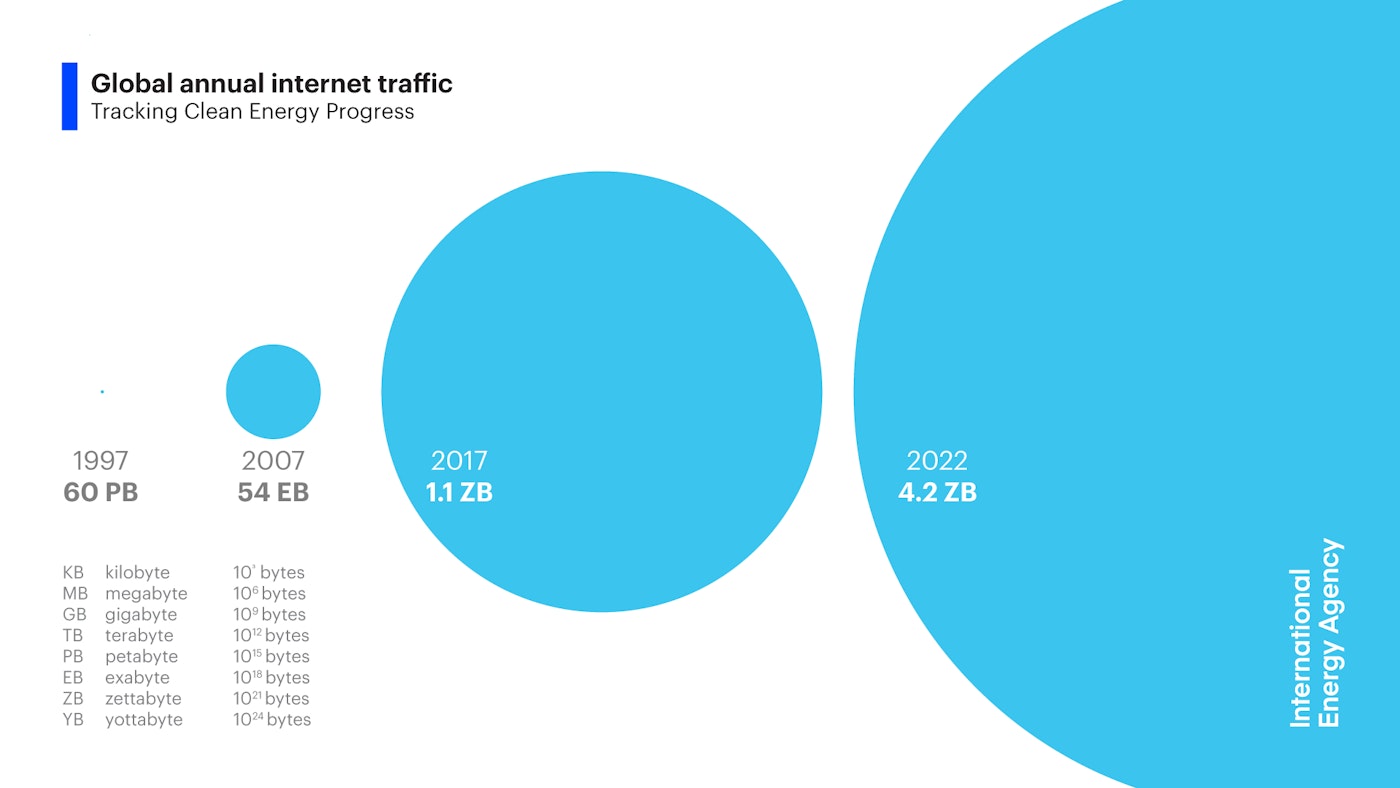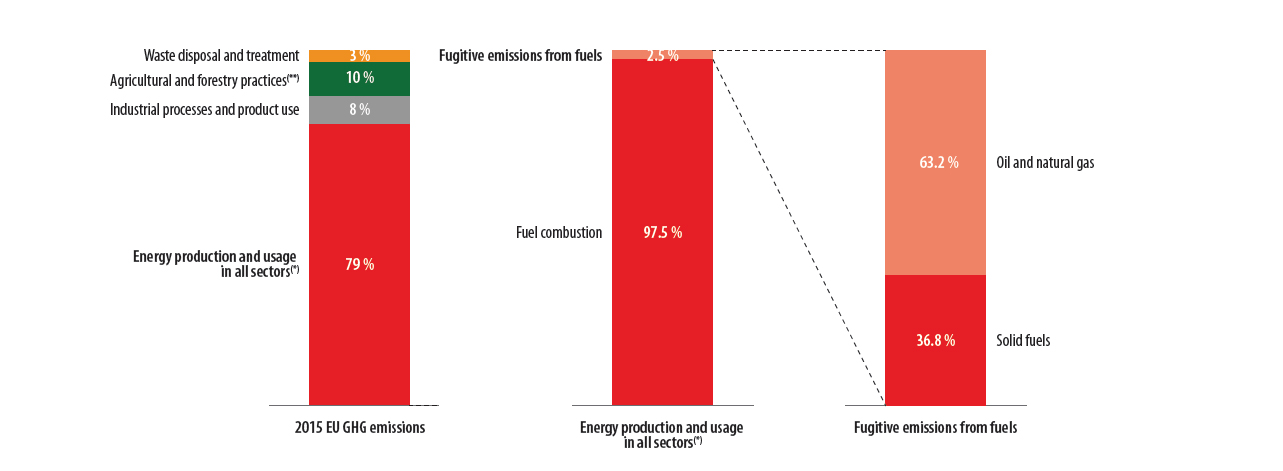It is fact that cement industry has seen a sea of developments in the area of production enhancement from 50 tons day kiln to 10000 tons day kiln and energy consumption from 1400 kcal kg clinker to 670 kcal kg clinker and 160 kwh ton cement to 70 kwh ton cement.
Energy audit report of cement industry.
Article osti 992484 title industrial energy audit guidebook.
Guidelines for conducting an energy audit in industrial facilities author hasanbeigi ali and price lynn abstractnote various studies in different countries have shown that significant energy efficiency improvement opportunities exist in the industrial sector many of which are cost effective.
Based on conducting on site energy audits of over 30 cement firms in iran during 2004.
The cement industry is an energy intensive industry consuming about 4 gj per tonne of cement produced.
With temperatures rising up to 1500 c plenty of opportunities for energy consumption exist through application of thermodynamic principles.
Even so many plants do not have the capacity to conduct an effective energy audit.
Some facts about the industry in terms of recent developments steps for alternative fuels energy saving and reduction of carbon emission if the indian cement industry can increase thermal substitution to just five per cent ghg greenhouse gas.
It may include a process or system to reduce the amount of energy input into the system without negatively affecting the output.
A presentation on cement industry and audit.
Energy conservation audit kit cement industry introduction the cement industry is one of the major energy consuming industries having a high priority in energy conservation.
In commercial and industrial real estate an energy audit is the first step in identifying opportunities to reduce energy expense and carbon footprint.
Types of energy audits the type of industrial energy audit conducted depends on the function size and type of the industry the depth to which the audit is needed and the potential and magnitude of energy savings and cost reduction desired.
Parliamentary report on cement industry 3.
Cement industry is known to be an energy intensive one which consumes considerable amount of energy during the production process.
An energy audit is an inspection survey and an analysis of energy flows for energy conservation in a building.
The input streams for the cement manufacturing include raw materials fossil fuel electricity water and compressed air.
In some countries government policies and programs aim to assist industry to improve competitiveness through increased energy efficiency.
In india energy conservation is particularly important in view of the present size of the industry and the rapid expansion that is taking place in it.
Based on these criteria an industrial energy audit can be.







